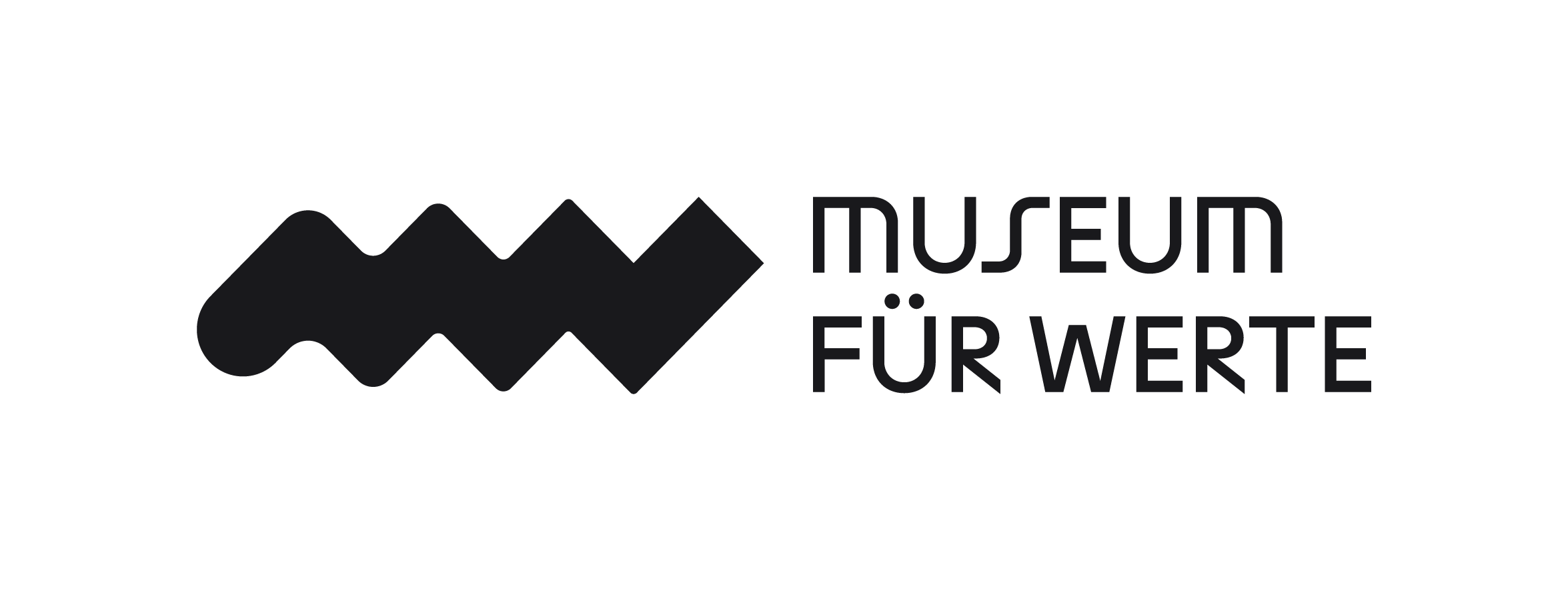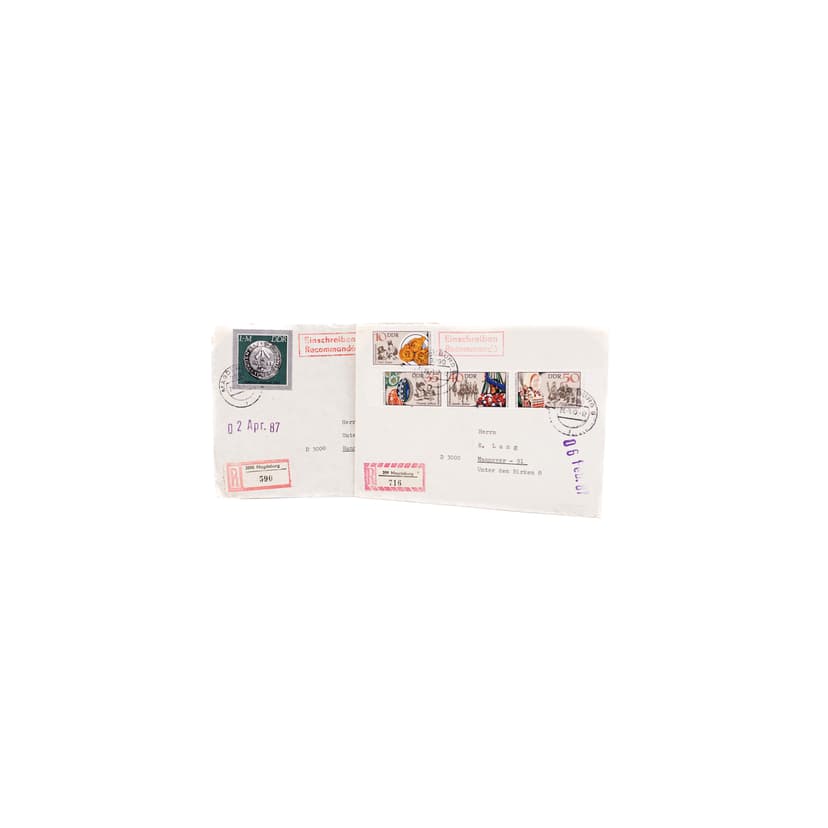My grandfather tells me a lot about the past – I think many people feel the same way, their grandparents seeking refuge in their stories. Story after story is told over and over again. But there's one he tells particularly often: the story of a German-German friendship – about his pen pal Heinz. At the time, my grandfather lived with my grandmother and my mother in Braunschweig. He had long had an interest in stamps and collected them passionately. However, he wished he had someone with whom he could share this passion and exchange ideas. His neighbor overheard this and suggested he contact her nephew Heinz. She had already discussed it with Heinz, and he would also be happy to have a pen pal with whom he could exchange stamps. This was particularly interesting, especially since there were different stamps in the East and West. One thing led to another, and suddenly my grandfather had a friend in the GDR with whom he regularly sent letters back and forth. The two exchanged hundreds upon hundreds of stamps, and their friendship grew ever stronger. But letters from the GDR are, of course, also special: He talks about the letters he received. They were repeatedly cut open and then cheaply sealed: "One authority controlled the other, they didn't even dare to speak to each other!" After a while, however, the letters weren't enough for my grandfather. He wanted to visit his new friend Heinz in person in the GDR and not let the friendship be limited by the GDR's borders and controls. He had never been there before, and so the first visits, in particular, were very nerve-wracking. Stories of the hours-long border controls only give me an idea of the kind of invasion that was taking place there. Cars were stripped down to their basics. Seats were folded up, suitcases were unpacked, and everything was searched. For someone from the West, all of this was foreign and very frightening. One wrong step, one wrong word, or a Werther having a bad day, and everything could have turned negative. "You don't know what to expect there. You have to expect anything," my grandfather said. Even during the visits, everything was tense. My family was staying with Heinz during the visit, as he claimed they were related to him. But even within his own four walls, it wasn't safe. Topics like politics or the West were forbidden. The children were sent out if such things were discussed. You couldn't be sure they wouldn't accidentally blurt out something to the wrong person. When such topics were discussed, it was always in whispers and only among themselves. "The walls are listening," Heinz told my grandfather. Meaning: the walls were so thin that the neighbors could hear everything; and any of the residents could have secretly been employed by the Stasi. If they had been caught here, there would have been serious consequences. Nowadays, it's unimaginable for me to live in such a situation. Constant insecurity and fear of being overheard... fear of accidentally saying something wrong and being punished. By far the most frightening thing for my grandfather, however, was leaving the GDR. The reason? The stamps Heinz traded him were always worth less than those from the West. Because of this, he secretly gave my grandfather stamps, which he then smuggled out of the GDR. This was known as "currency smuggling." If he had been caught with these stamps at the border control, he could, in the worst case, have been imprisoned in an East German prison. However, not every car was inspected upon leaving the border. Individual vehicles were pulled from the queue at will and completely disassembled in a separate room. Here, too, those being inspected had to unpack everything – even their dirty laundry was rummaged through. "I was so scared of getting caught there... you can't even imagine," my grandfather told me. I can see on his face how he remembers those moments and relives the fear and anxiety. Finally, my grandfather told me about the situation after returning to the Federal Republic of Germany. After my family successfully crossed the border, they called Heinz and said a prearranged password: "Here the sun shines" – meaning something like, "Everything went well, we weren't caught." Finally, the tension, anxiety, and fear disappeared, and all that remained was pure relief at having left the GDR.



